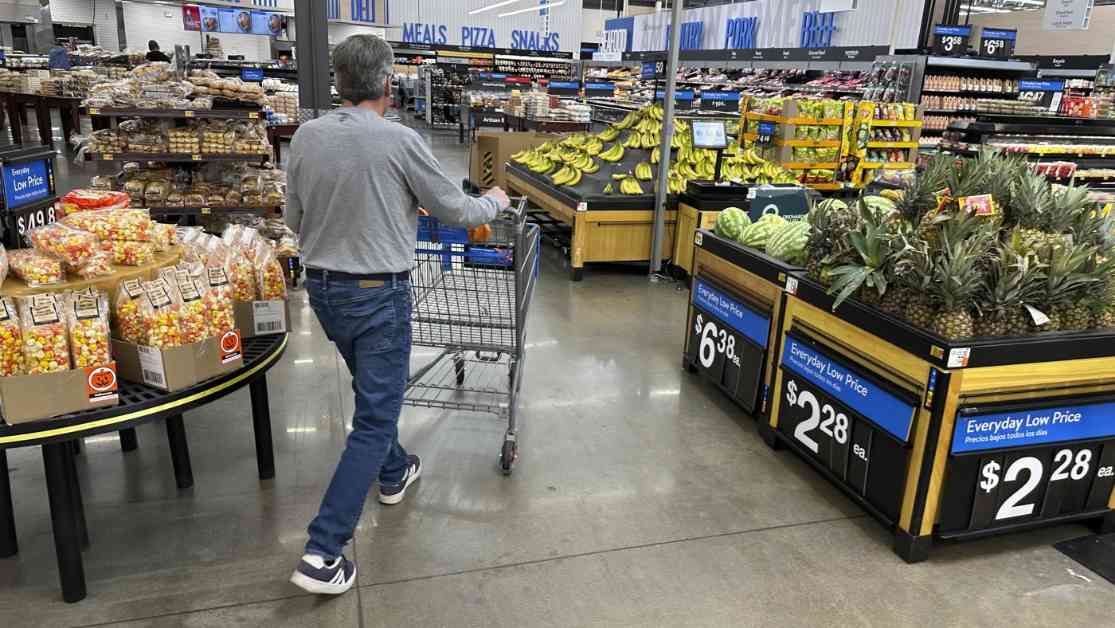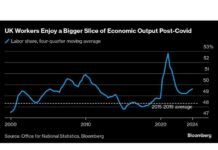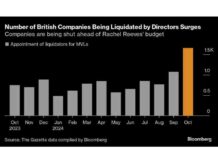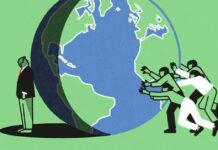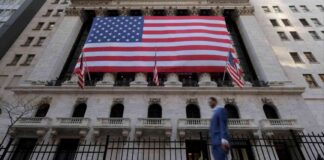Walmart Raises Prices Due to Tariffs
In Englewood, Colo., a shopper pushes a basket into the produce section of a Walmart store. The retail giant, Walmart, is feeling the heat of U.S. tariffs on imports from China and other countries. CEO Doug McMillon announced that prices of many items on the shelves are on the rise for the company and will soon be costing more for shoppers too. The company’s finance chief predicts that higher prices will start kicking in as early as this month and continue into the summer.
The Impact of Tariffs on Prices
Walmart is gearing up to protect food prices as much as possible, with McMillon stating, “We will do our best to keep our prices as low as possible.” However, he acknowledges the challenge of absorbing all the pressure due to the narrow retail margins. The recent deal that temporarily eased China tariffs to 30% from 145% was appreciated by McMillon, who hopes for a longer-term agreement for even lower taxes on Chinese imports. Additionally, he urges the government to lift tariffs on food items that are not grown in the U.S., such as bananas and avocados, which face a universal 10% tariff when imported.
Consumer Behavior and Retail Sales
The uncertainty surrounding tariffs has led consumers to tighten their budgets, anticipating higher prices from additional tariffs. As a result, people are becoming more selective in their spending habits, choosing to allocate more funds to outings at restaurants and bars. This shift in consumer behavior has helped overall retail sales remain flat in April compared to March, according to new government data. Despite the increase in savings and decrease in spending, consumption is still on the rise, albeit slightly.
Strategies to Mitigate Price Hikes
Walmart is implementing various strategies to avoid passing on the full brunt of the price hikes to consumers. For instance, the company and its suppliers have absorbed higher import costs for items like flowers for Mother’s Day. In cases where price increases are unavoidable, Walmart is spreading the cost hike of one item across multiple items in the same department. Furthermore, the retailer is diversifying its sourcing by moving some production out of China and encouraging suppliers to use materials that are not subject to tariffs.
The Uncertain Future of Consumer Brands
Major consumer brands like Pepsi, Kimberly-Clark, and Procter & Gamble have already started revising their sales forecasts for the year due to the impact of tariffs. The ongoing trade war and fluctuating tariff policies have created a sense of uncertainty in the market, making it challenging for companies to predict future costs and adjust their pricing strategies accordingly. Despite the current state of flux, inflation has eased in the past month, providing temporary relief to consumers.
In conclusion, the escalating trade war and shifting tariff landscape are reshaping the retail industry, forcing companies like Walmart to navigate through complex challenges to maintain competitive pricing and customer satisfaction. As consumers continue to feel the pinch of rising prices, the future remains uncertain, with businesses and consumers alike bracing for further economic turbulence.

